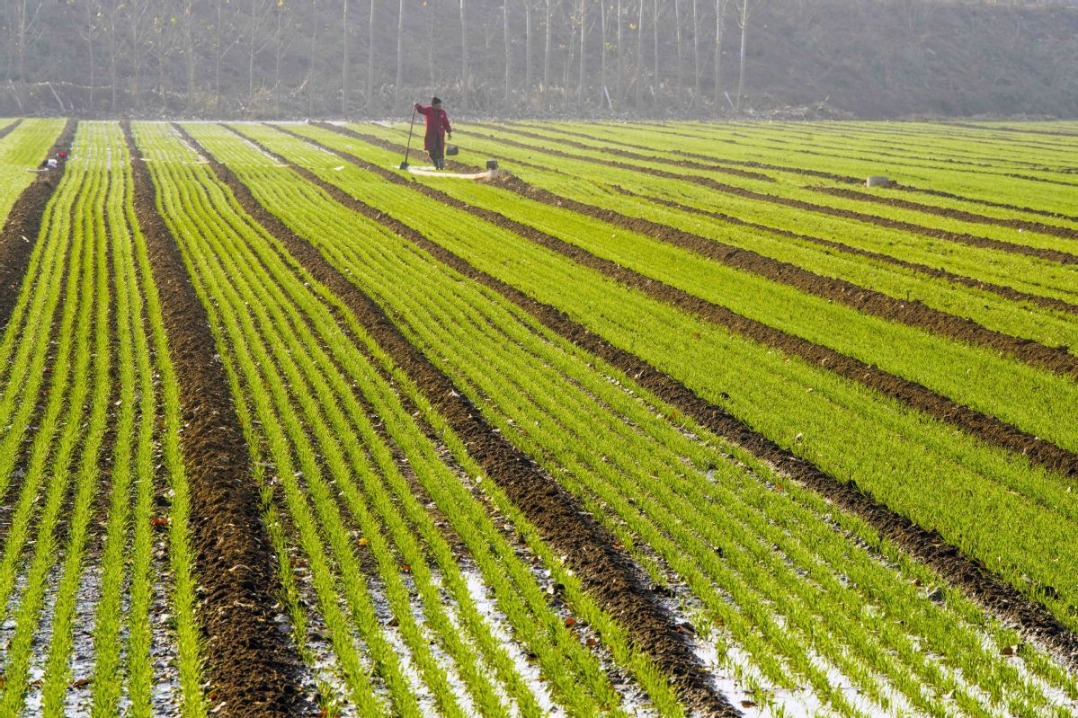Risk of dengue fever rises in South China

South China's Guangdong province and Southwest China's Yunnan province are facing a heightened risk of dengue fever as the population of Aedes albopictus mosquitoes, which transmit the potentially deadly disease, is rising, a disease control researcher said on Thursday.
Liu Qiyong, a researcher at the Chinese Center for Disease Control and Prevention, urged residents to eliminate stagnant water and maintain clean environments ahead of early summer and the rainy season to minimize mosquito breeding.
Liu also dismissed any link between blood type and mosquito attraction, saying that mosquitoes are not drawn to a particular blood type. Instead, they tend to be attracted to people with a fast metabolism and high body temperature.
Mosquitoes locate humans by following the carbon dioxide gas people exhale, so pregnant women, those who have just exercised and people with faster metabolism are more likely to be bitten, Liu said.
In addition, people with a higher body temperature, such as those who have a fever, may also find themselves bitten more often.
People wearing dark-colored clothing are also more easily detected by mosquitoes, he added.
- Swimmer Sun Yang returns to compete in 15th National Games
- Global experts laud China's focus on science and tech in 15th Five-Year Plan
- China, Brazil conclude seminar on bamboo as a plastic substitute
- China's first humanoid robot 7S shop opens in Wuhan
- Crab King & Queen take crowns
- How the voice of the people makes its mark on legislation





































